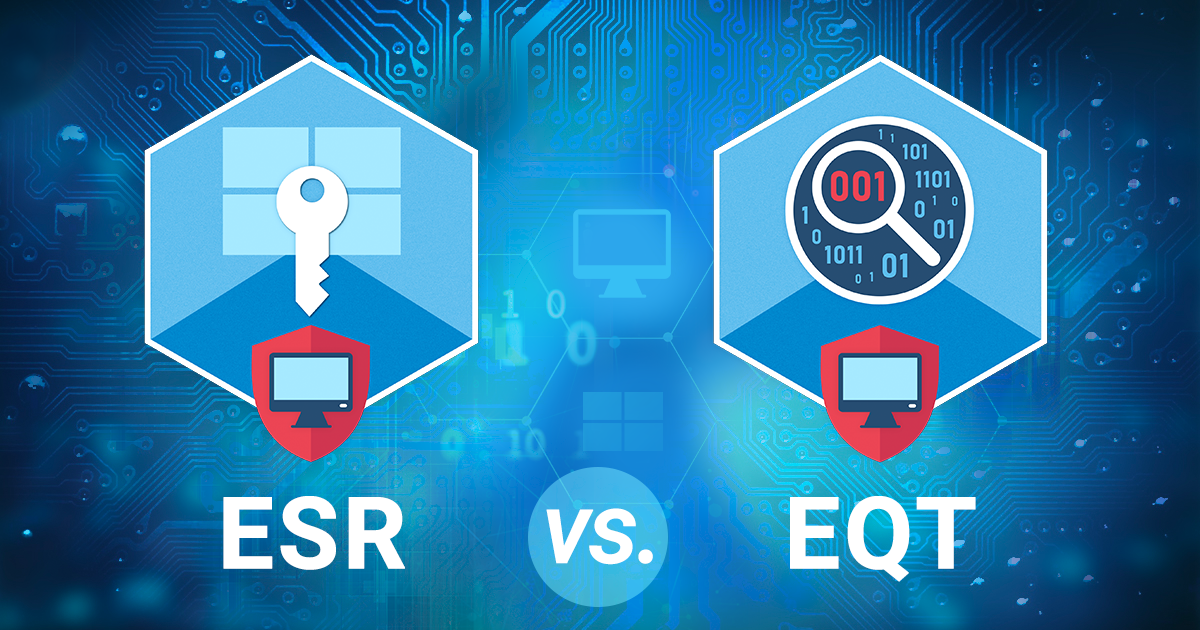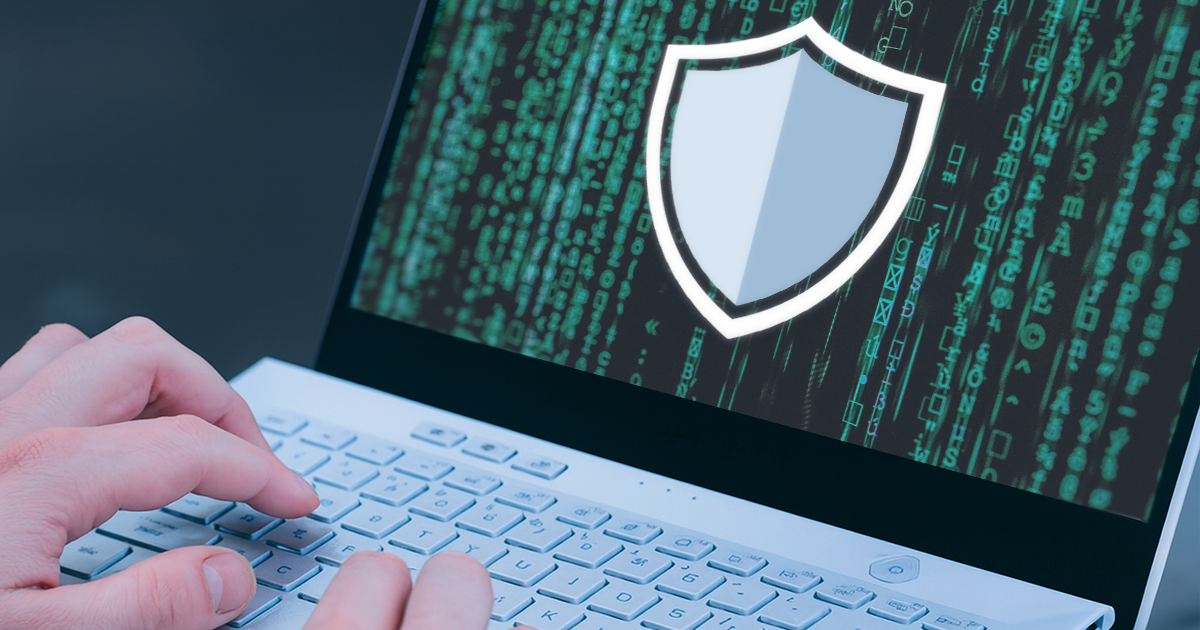It’s been a while since we updated Elcomsoft Phone Password Breaker, dedicating our efforts to physical acquisition of iOS devices instead. Well, now when the new iOS Forensic Toolkit is out, it is time to update our classic phone recovery tool.
Soon after releasing the updated version of iOS Forensic Toolkit we started receiving questions about the new product. Did we really break iPhone 5? Does it truly work? Are there limitations, and what can you do about them? We decided to assemble all these questions into a small FAQ. If you’d rather read the full, more technical version of this FAQ, visit the following page instead: Elcomsoft iOS Forensic Toolkit FAQ. Those with non-technical background please read along.
It’s been a while since we released the new version of Elcomsoft Phone Password Breaker that allows downloading backups from iCloud (read the press release). Many customers all over the world are already using this new feature intensively, but we still get many questions about its benefits, examples of cases when it can be used and how to use it properly. We also noticed many ironic comments in different forums (mostly from users without any experience in using iOS devices and so have no idea what iCloud backups actually are, I guess), saying that there is nothing really new or interesting there, because anyone with Apple ID and password can access the data stored in iCloud backup anyway.
Major security breaches occur in quick succession one after another. Is it a chain reaction? How do we stop it?
BitLocker, PGP and TrueCrypt set industry standard in the area of whole-disk and partition encryption. All three tools provide strong, reliable protection, and offer a perfect implementation of strong crypto.


